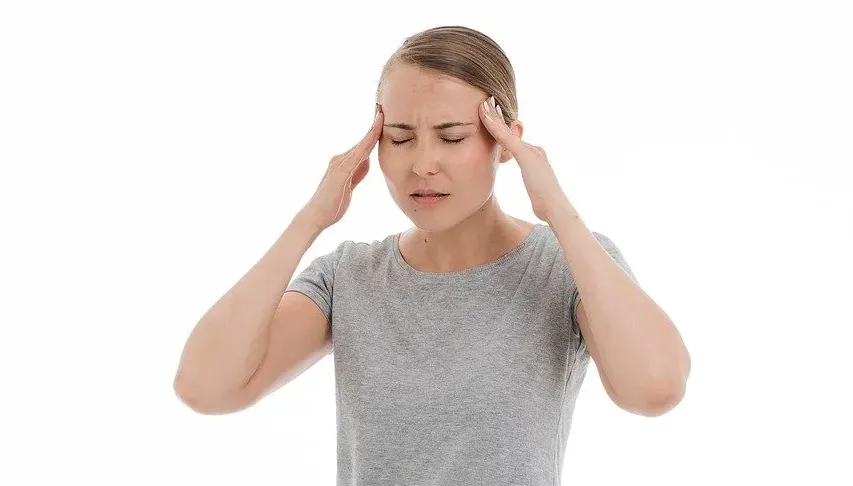Headache Toolbox: Migraine Triggers
Migraines may occur in association with particular events, foods or changes in your body. These events are known as triggers. Although triggers do not actually cause migraines, they can make you more vulnerable to migraine attacks. Most patients with migraines report that their attacks are brought on by triggers.
In a survey of 200 patients with migraines, over 90% of patients surveyed identified at least 1 trigger associated with their migraines and 83% reported multiple triggers: most commonly, emotional stress (59%), too much or too little sleep (54%), odors (47%) and missing meals (39%).
Some important considerations about migraine triggers are:
- No single trigger (eg, red wine, chocolate, stress) acts as a trigger for all migraine patients.
- It is rare that in an individual migraine patient, a single trigger consistently leads to an attack.
- Exposure to 2 or more triggers at the same time may be required to bring on an attack. For example, drinking red wine during menstruation may lead to a migraine attack.
- Sometimes, what serves as a trigger may also serve as a treatment to migraines (eg, caffeine).
- Maintaining regular eating habits - and avoiding skipping meals - is more beneficial in controlling migraines than any specific diet or avoidance of foods.
A brain susceptible to migraines appears to be extra sensitive to changes in the person's internal or external environment. Examples of internal changes include abrupt decline in estrogen levels occurring with menstruation, sudden stress or a change in one's sleeping pattern (eg, oversleeping on the weekend or vacation). External changes commonly include weather changes, ingestion of alcohol and exposure to bright or flickering light. Following exposure to a known trigger, the genetically primed brain responds by initiating a number of events that are expressed as migraine headache, often accompanied by nausea and sensitivity to light and sound.
Other theories propose that certain areas of he brain may be involved in migraines. These areas may become activated when a person has not had enough sleep or has not eaten in a while, as well as other areas that are involved in regulating stress.
Identifying your triggers may help you prevent migraine attacks.
Some Common Migraine Triggers
Food:
- Alcohol, especially red wine
- Caffeine
- Caffeine withdrawal
- Canned figs
- Chicken livers
- Chocolate
- Citrus fruits
- Fish, especially smoked
- MSG
- Nitrates
- Nuts
- Pickled herring
- Prolonged lack of food
- Skipping meals altogether
- Some carbonated beverages (aspartame)
- Some dairy products (yogurt and aged cheeses)
Hormones:
- Menopause
- Menstruation or ovulation
- Pregnancy
Physical/Emotional Factors:
- Anger
- Bending or stooping (gardening)
- Changes in sleep patterns
- Depression
- Emotional let-down
- Exhilaration
- Fatigue
- Head injury
- High blood pressure
- Intense physical activity
- Lifting heavy weights, straining
- Stress
- Toothache
- Other head or neck pain
- Travel
Environmental:
- Bright sunlight or glare of any kind
- Changes in weather
- Exposure to flickering light
- High altitudes
- High humidity
- Intense odors or chemical smells
- Prolonged focusing on TV or computer screen
- Tobacco smoke
Medications:
- Birth control pills
- Sleeping aids

